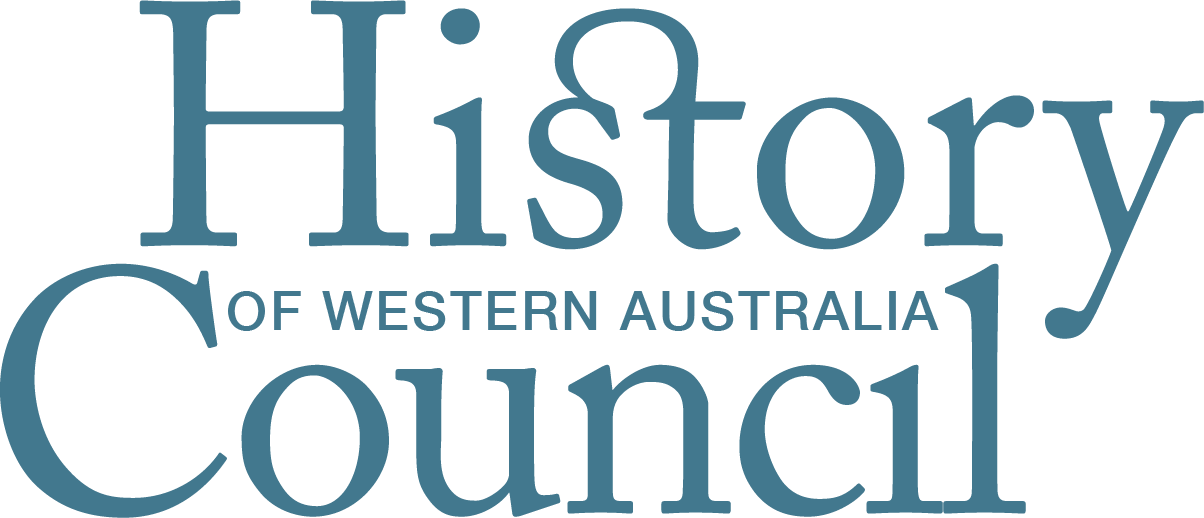Western Australian Premier’s Literary Awards
Recently, the History Council of Western Australia has lobbied for the Western Australian Premier’s Literary Awards to be restored to their previous level by increasing the number of categories and including an award specifically for non-fiction books, and by returning to an annual format, rather than being offered only biennially as at present. Compared with the previous WA Premiers Awards and with those currently offered by other States, the Awards in their present form are extremely limited.
In each of NSW, Victoria, Queensland and South Australia, between 8 and 10 awards are offered annually with a prize pool ranging from $125,000 to $255,000. In each state, the categories include separate fiction and non-fiction awards. Other states’ awards include prizes which are offered by universities; the media, and various individuals. The HCWA believes the government should be more pro-active in finding sponsors to fund awards that will adequately acknowledge and reward WA’s writers.
The WA awards offer only four categories (Emerging Writer; Writing for Children; Unpublished Indigenous Junior and Youth Adult Fiction — $15,000 each, and the $60,000 Writers Fellowship. The total prize money is $105,000. These categories are heavily biased to emerging writers and writers of children’s and young adult fiction. While the Writers Fellowship is a welcome addition to the prize list, it should not replace a specific non-fiction category.
Western Australia has many fine historians who would not qualify for any of these categories, because they are no longer early career researchers; nor would they necessarily wish to take up a writer’s fellowship. While WA historians may qualify for some categories in other states’ awards, it is disappointing that our own state no longer thinks it necessary or appropriate to offer such awards.
Historically, from 1994 to 1999, the Premier’s Awards included a Historical & Critical Studies category; there was a “non-fiction” category from 2000-2016, supplemented by a Western Australian History Award from 2004 until 2016. Now both of these categories have disappeared, and the awards are offered on a biennial, rather than annual basis. We don’t think this is good enough.
Bobbie Oliver
